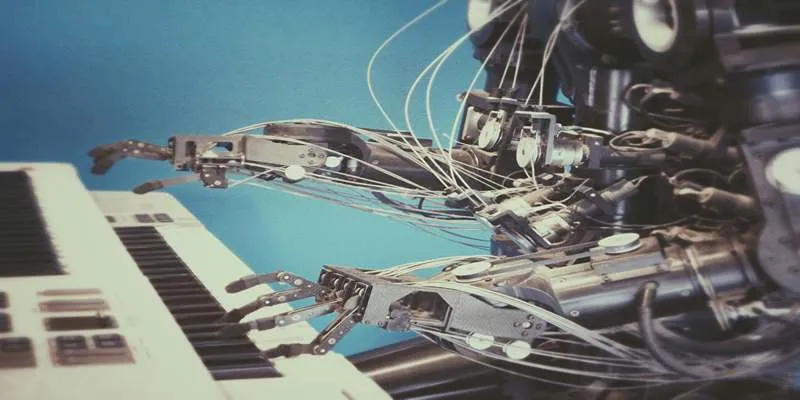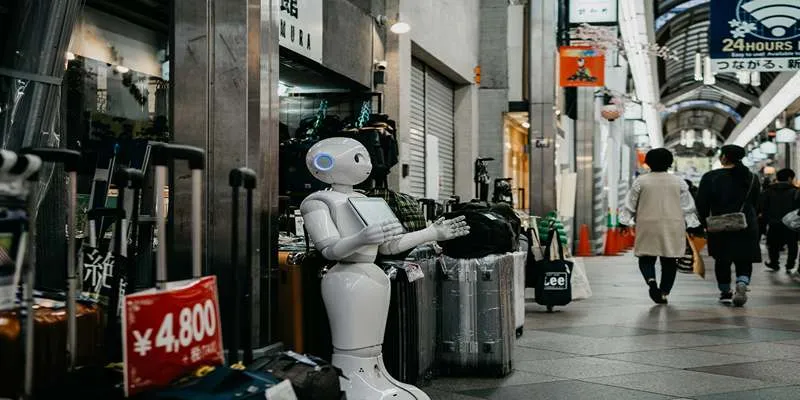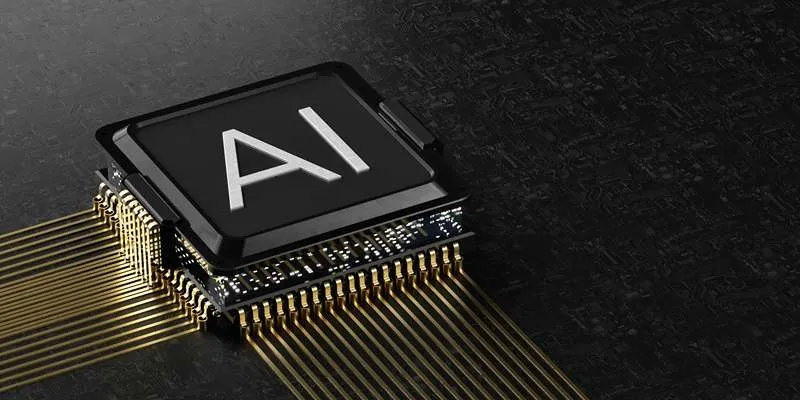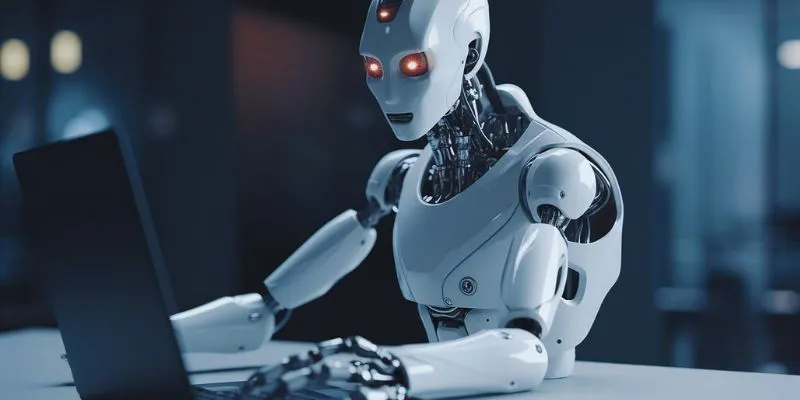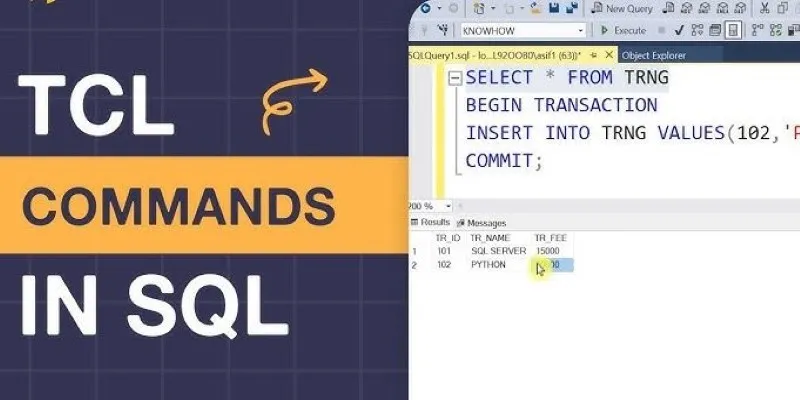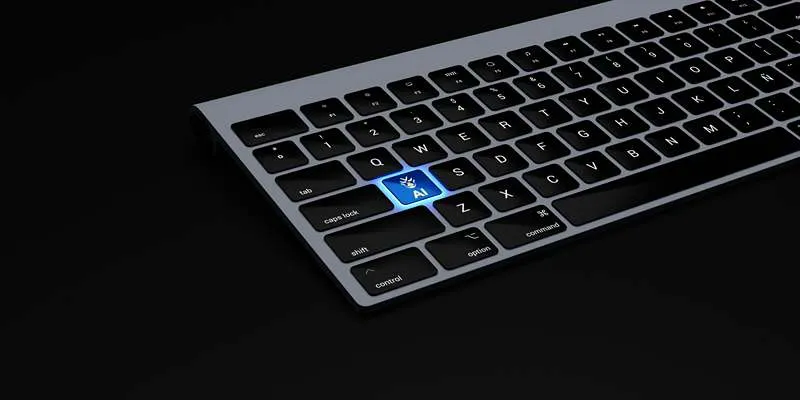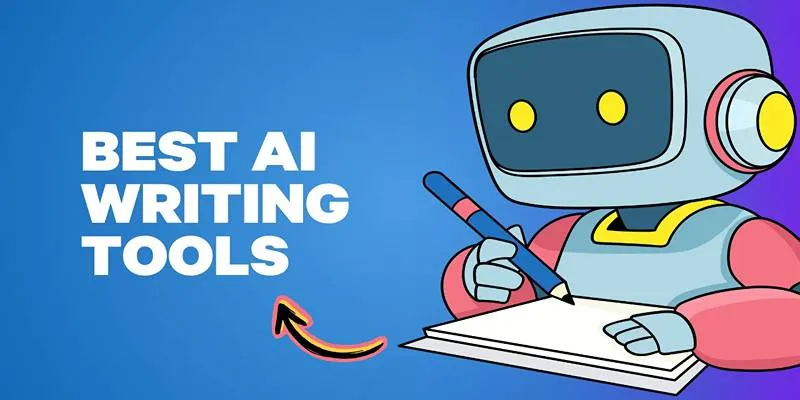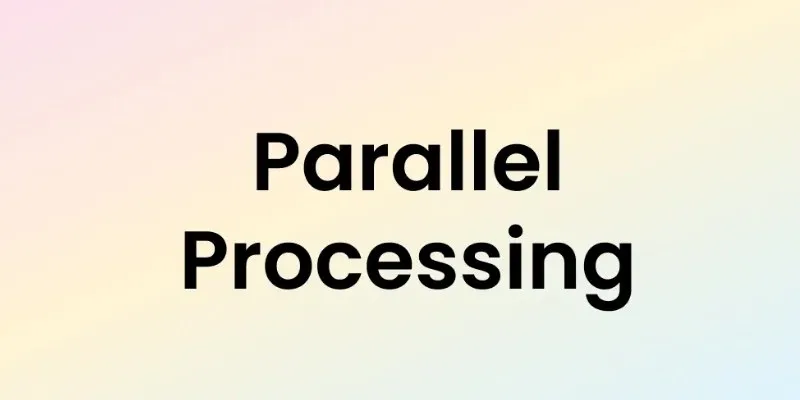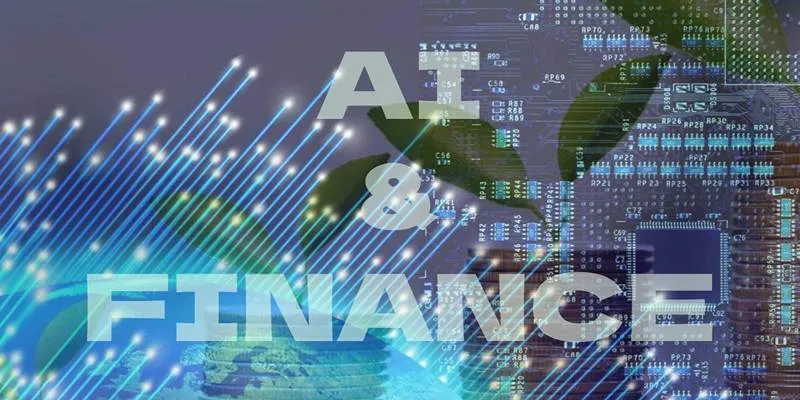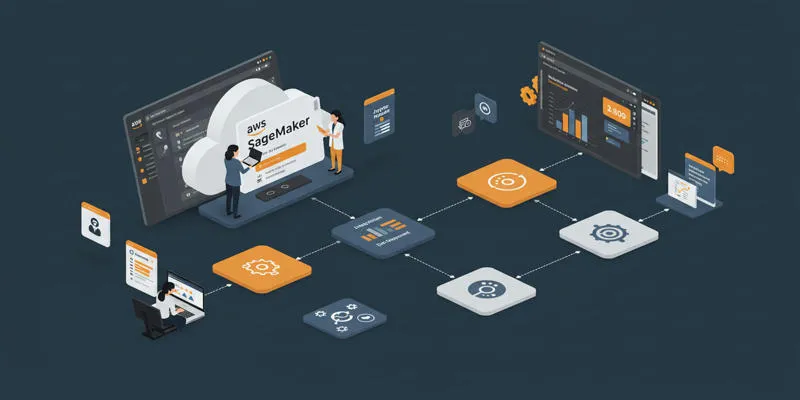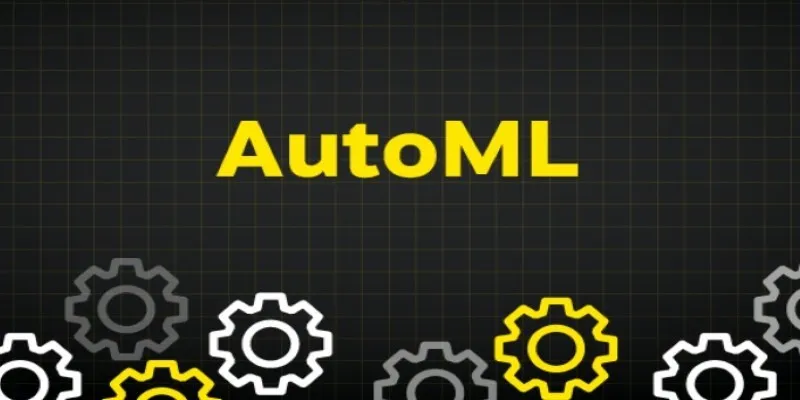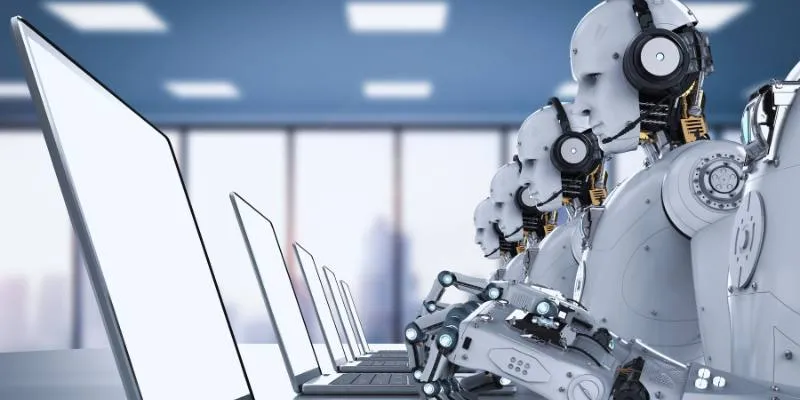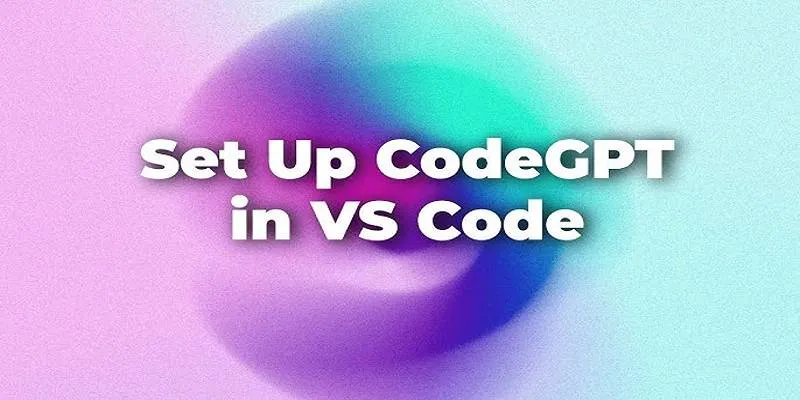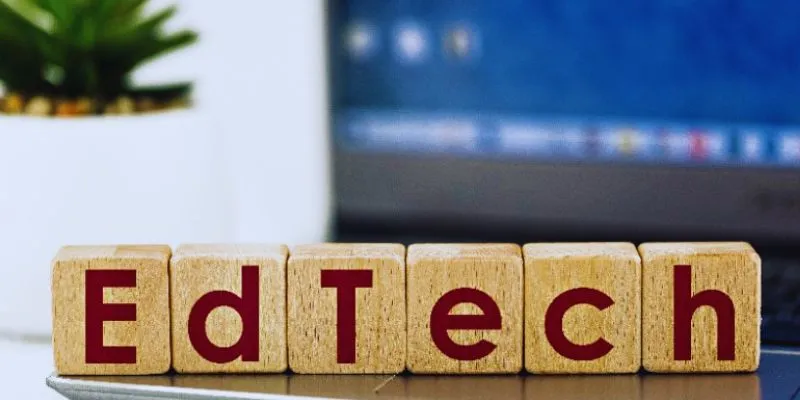Artificial intelligence (AI) is gradually transforming the entertainment industry, particularly for Hollywood screenwriters who are uncertain about what lies ahead. The advancements in AI technology have prompted film studios and production houses to consider automation in scriptwriting, editing, and production. While AI offers numerous benefits, such as cost-effectiveness and increased productivity, it also raises concerns about creativity, employment opportunities, and ethical issues. The debate surrounding AI in Hollywood mirrors discussions on automation in the arts sector. Although studios are embracing AI to streamline production processes, writers are advocating for stronger protection of their intellectual property. Understanding AI’s impact on Hollywood screenwriting in the coming years is crucial for developing strategies that support writers.
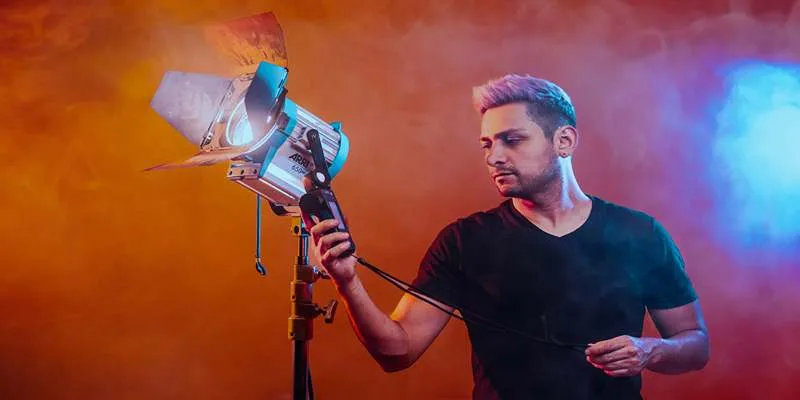
The Role of AI in Hollywood’s Screenwriting Evolution
How AI Is Changing the Screenwriting Process
AI is now an integral part of the Hollywood industry, providing tools that assist in script creation. With tools like OpenAI’s ChatGPT, generating story ideas, characters, and plots can be accomplished in minutes, significantly reducing the time needed for script development during pre-production. Additionally, AI can predict audience reception for various scripts. However, while AI aids efficiency, it may overlook human emotions and individuality, resulting in predictable stories. Consequently, many industry professionals view AI as an assistant to writers rather than a replacement.
AI-Generated Scripts: Efficiency vs. Creativity Debate
The introduction of AI in scriptwriting raises the question of balancing efficiency with creativity. AI can produce drafts rapidly, allowing studios to work on multiple concepts simultaneously, which appeals to executives focused on cost savings and quick delivery. However, screenwriting is an art infused with emotions, culture, and unique perspectives, aspects that AI cannot replicate. Critics argue that AI-generated scripts often appear superficial and clichéd, underscoring the need for human input. The challenge is to integrate AI into the narrative process without diminishing the creative contributions of writers, ensuring stories continue to captivate audiences.
Entertainment Industry Automation and Job Displacement
The Growing Use of AI in Hollywood Productions
Beyond scriptwriting, AI is increasingly involved in various production areas, including post-production, editing, special effects, and voice-overs. AI technology is utilized in studios to create realistic CGI actors, manage post- production tasks, and make casting decisions. While these advancements enhance efficiency, they also raise concerns about job displacement. Journalists, editors, and other professionals worry that AI usage may lead to reduced reliance on human labor. The future entertainment industry must find ways to incorporate AI without eliminating creative positions.
Impact on Writers and Creative Professionals
AI’s growing presence in Hollywood is reshaping career prospects for screenwriters and other creative professionals. Writers who once enjoyed job security now face an industry where AI can produce first-draft scripts. This shift poses challenges, potentially relegating traditional writing careers to the sidelines. Moreover, AI-driven content creation may result in lower wages for human talent. Consequently, writers must develop new skills to collaborate with AI and remain relevant in storytelling. Balancing rapid technological advancement with sustaining creative careers is a pressing concern.

Screenwriting and AI: Ethical and Copyright Concerns
Ownership Challenges in AI-Generated Scripts
AI-generated content raises significant ethical issues regarding copyright and intellectual property rights. The question of script ownership arises: does the developer, user, or studio hold the rights? Current copyright laws do not comprehensively address AI-generated works, leading to legal ambiguity. Studios might claim ownership, undermining writers’ authority over their creations. Additionally, AI learning relies on existing content, increasing plagiarism risks. Concerns include writers discovering their work altered by AI without consent or compensation. Legal frameworks must protect writers while enabling AI’s appropriate application in writing.
The Threat to Writers’ Wages and Career Stability
AI’s role in content generation poses financial threats to Hollywood writers. If studios increasingly rely on AI for script development, writers may face reduced compensation and be relegated to roles as script rewriters. The risk is particularly high for junior writers, as internships provide vital experience for aspiring scriptwriters. However, AI-generated scripts may lack diversity and originality, diminishing the need for varied voices.
Conclusion
AI’s presence in Hollywood is inevitable, yet its impact on screenwriters remains a contentious topic. While AI can improve efficiency and streamline content creation, it cannot replace human creativity and emotional depth. The challenge is to integrate AI without compromising writers’ livelihoods. Ensuring fair wages, copyright protections, and ethical AI use in entertainment is crucial for a balanced future. Hollywood must carefully navigate these challenges, fostering an industry where AI and human creativity coexist. By adapting to change while advocating for protections, writers can secure their role in the evolving entertainment landscape.
 zfn9
zfn9
